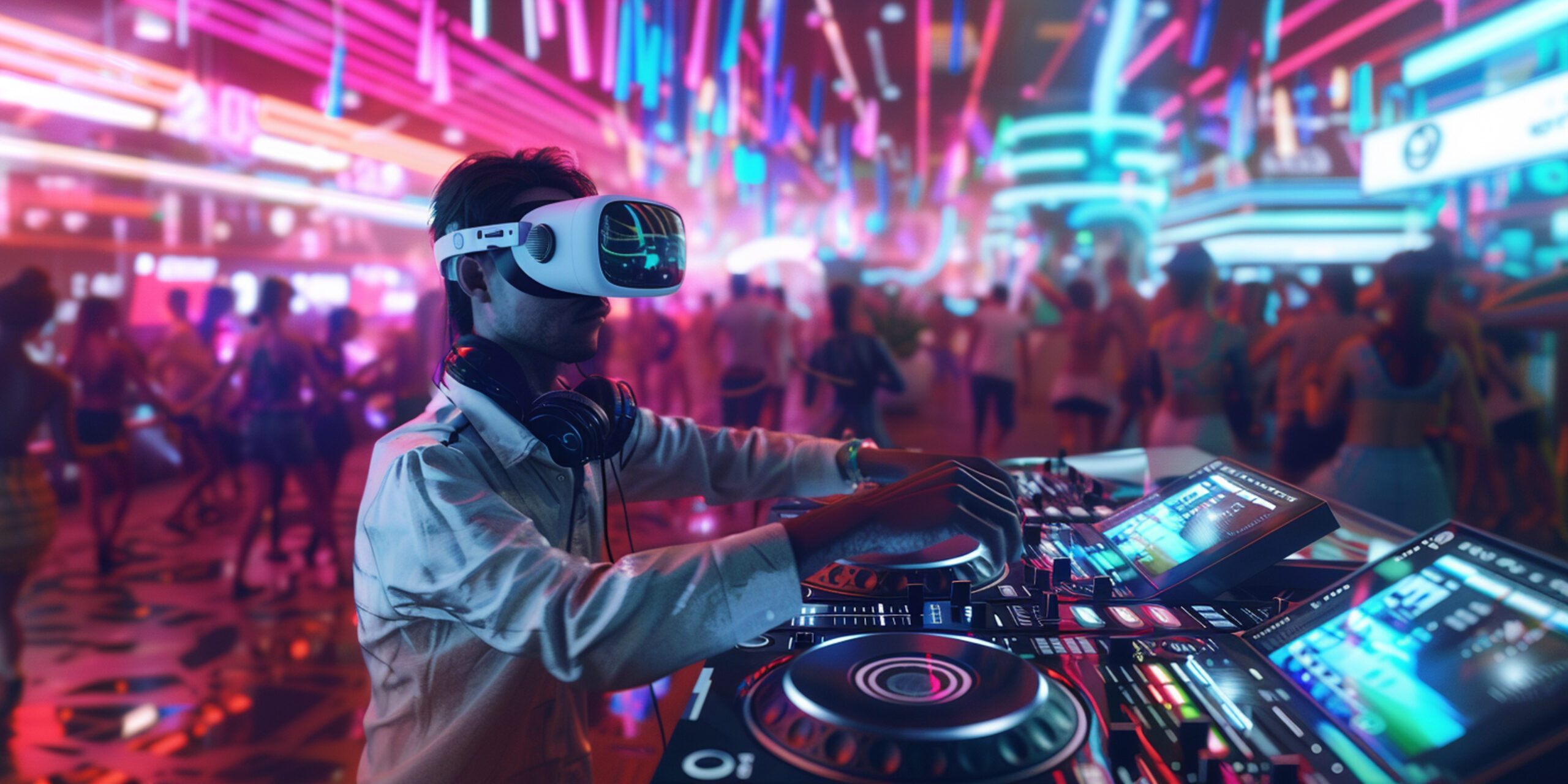Future of Event Management

In the ever-evolving landscape of event management, Artificial Intelligence (AI) has emerged as a transformative force, reshaping how events are planned, executed, and experienced. From personalized attendee experiences to data-driven decision-making, AI is revolutionizing the industry, bringing efficiency, innovation, and enhanced engagement. This article delves into the various ways AI is transforming event planning and execution.
Personalized Attendee Experiences
One of the most significant impacts of AI in event management is the ability to offer highly personalized experiences. AI-powered tools analyze vast amounts of data to understand attendee preferences, behaviors, and interests. This data-driven approach allows event planners to tailor every aspect of the event to individual attendees, enhancing their overall Event experience.
For instance, AI can recommend sessions, workshops, and networking opportunities based on an attendee’s profile and past behavior. Personalized agendas ensure that attendees spend their time on activities that are most relevant to them, increasing satisfaction and engagement. AI-driven chatbots provide real-time assistance and personalized responses, further enhancing the attendee experience.
Efficient Event Planning and Management
AI streamlines various aspects of event planning, making the process more efficient and less time-consuming. Tools like AI-powered scheduling and project management software automate routine tasks, such as scheduling meetings, assigning tasks, and tracking progress. This automation frees up event planners to focus on more strategic activities, such as creative planning and attendee engagement.
Predictive analytics, another AI application, helps planners anticipate and mitigate potential issues before they arise. By analyzing historical data and identifying patterns, AI can forecast attendance numbers, budget requirements, and resource allocation needs. This foresight enables planners to make informed decisions, optimize resource usage, and ensure the event runs smoothly.
Enhanced Marketing and Promotion
AI is also revolutionizing event marketing and promotion. Machine learning algorithms analyze data from various sources, such as social media, website traffic, and email campaigns, to identify the most effective marketing strategies. This data-driven approach ensures that promotional efforts are targeted and efficient, maximizing reach and engagement.
Personalized marketing campaigns are another area where AI shines. By segmenting audiences based on their preferences and behaviors, AI can tailor marketing messages to resonate with each segment. This personalized approach increases the likelihood of attracting the right attendees and driving higher registration numbers.
Real-Time Data Analysis and Insights
During the event, AI provides real-time data analysis and insights, allowing planners to make quick, informed decisions. AI-powered analytics tools monitor various metrics, such as attendee engagement, session popularity, and social media activity, providing instant feedback on what is working and what needs adjustment.
For example, if a particular session is drawing more attendees than expected, Event planners can use AI insights to allocate additional resources or extend the session. Real-time feedback from AI tools helps planners stay agile and responsive, ensuring a better experience for attendees.
Intelligent Networking and Matchmaking
Networking is a crucial aspect of any event, and AI is making it smarter and more efficient. AI-powered matchmaking algorithms analyze attendee profiles, interests, and goals to suggest relevant connections. This intelligent matchmaking enhances networking opportunities, ensuring attendees meet the right people and derive maximum value from the event.
AI in Future Event Innovations
Looking ahead, AI’s role in event management is expected to grow even further. Emerging technologies like AI-driven holograms and virtual reality experiences will offer new ways to engage attendees and create memorable experiences. AI will also play a crucial role in enhancing sustainability efforts, helping planners to optimize resources and reduce the environmental impact of their events.
As AI continues to evolve, its applications in event management will expand, providing planners with powerful tools to create more engaging, efficient, and successful events. By staying at the forefront of AI innovations, event planners can ensure they are delivering cutting-edge experiences that meet the evolving expectations of their audiences.
In conclusion, AI is revolutionizing event planning and execution by offering personalized experiences, improving efficiency, enhancing marketing, providing real-time insights, and ensuring continuous improvement. Embracing AI technologies is no longer optional but essential for event planners who want to stay competitive and deliver exceptional events.
